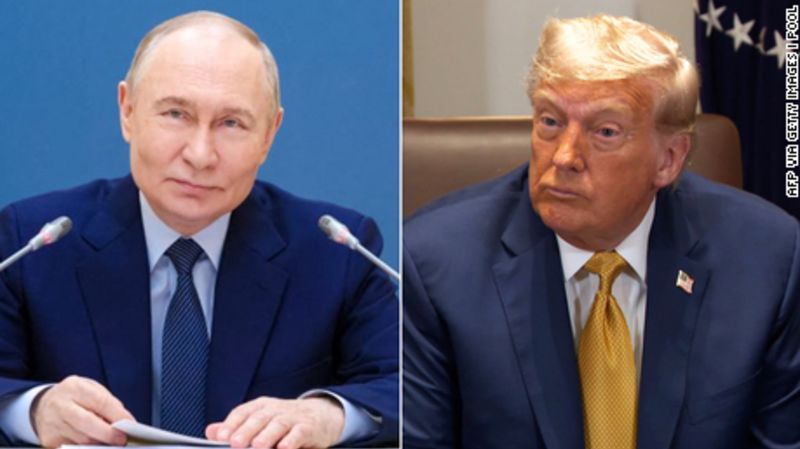
When Russian President Vladimir Putin travels to Alaska next week to meet with President Donald Trump, he will be able do so with confidence that he won’t be arrested.
That’s because while Putin is subject to an arrest warrant by the International Criminal Court (ICC) issued in 2023, neither Russia nor the US are signatories to the Rome Statute, which set up the court in 2002.
The ICC charged that the Russian leader was “allegedly responsible for the war crime of unlawful deportation of (children)” from occupied areas of Ukraine to Russia. The Kremlin labeled the court’s actions as “outrageous and unacceptable.”
Putin has been careful with his travel itineraries since the warrant was issued. In 2023, he declined an invitation to a summit in South Africa. But, a year later, he did make his way to China and North Korea, neither of which is signed up to the court.
The ICC relies on members to arrest and extradite suspects to The Hague, where it is based.
In 2023, Putin did travel to Mongolia, which is a signatory. Mongolia asserted that under Article 98 of the Rome Statute, a state cannot “act inconsistently with its obligations under international law with respect to the (…) diplomatic immunity of a person.”
As Russia’s head of state, the Mongolians argued Putin enjoys absolute immunity from ICC proceedings unless Russia waives it.
The court rejected that claim, saying that another article removes all immunities. A panel of judges said member states “are duty-bound to arrest and surrender individuals subject to ICC warrants, regardless of official position or nationality.”
Not only has the US never been a signatory to the Rome Statute, but in February Trump ordered sanctions against the court after it issued an arrest warrant for Israeli Prime Minister Benjamin Netanyahu and his former defense minister Yoav Gallant.
An executive order accused the ICC of engaging in “illegitimate and baseless actions targeting America and our close ally Israel.”

